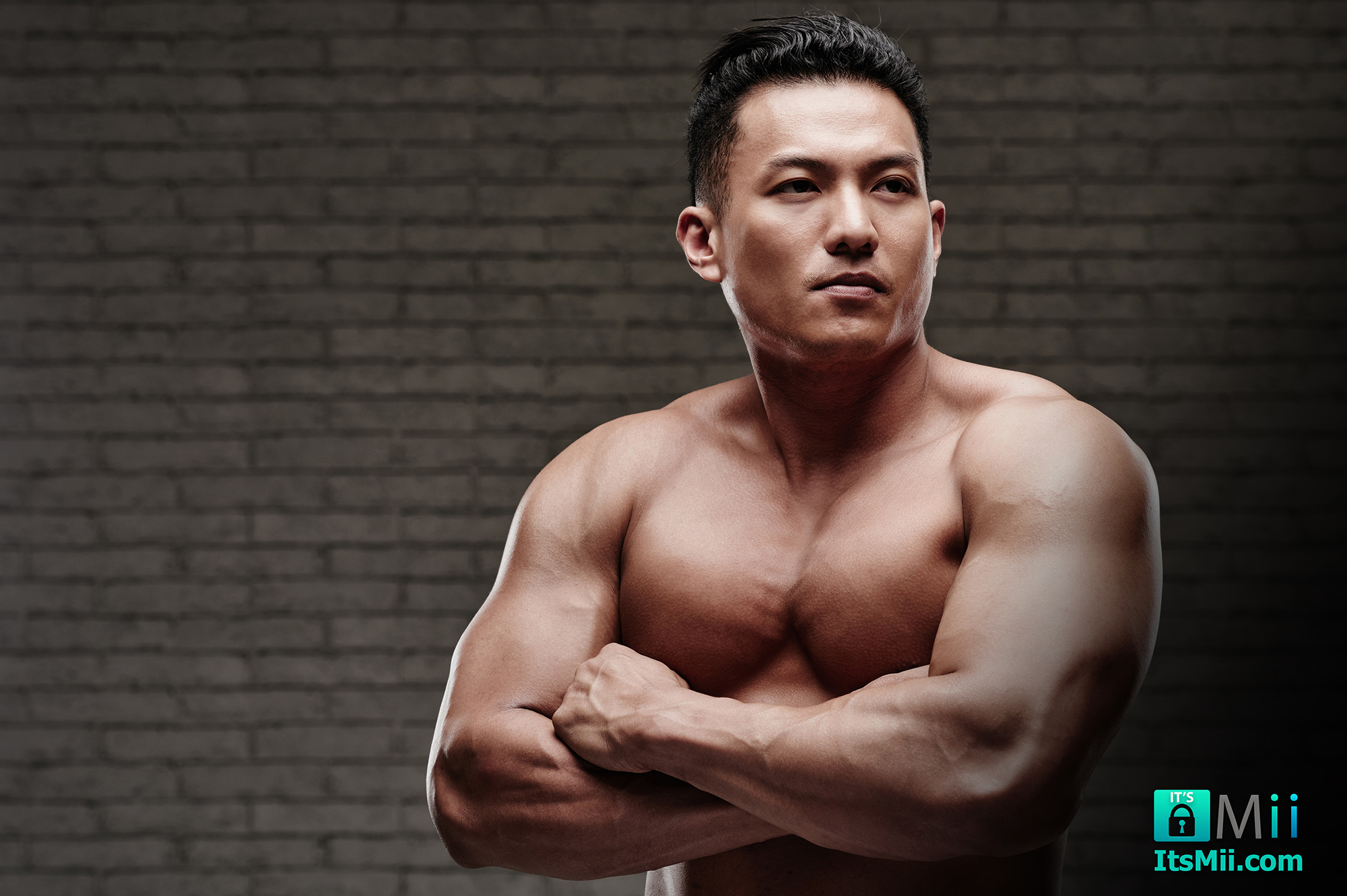In a world where media representation often falls short of capturing the rich diversity within communities, Asian men have long been subjected to limiting stereotypes and one-dimensional portrayals. Yet, beyond these narrow depictions lies a profound truth: the unmistakable power, resilience, and multifaceted nature of Asian masculinity. This article explores how Asian men are shattering stereotypes, reclaiming their narratives, and demonstrating strengths that have too often been overlooked in mainstream discourse.
The Weight of Persistent Stereotypes
For decades, Western media has perpetuated harmful stereotypes about Asian men—portraying them as passive, undesirable, or relegated to “model minority” tropes that emphasize academic prowess while neglecting emotional depth and leadership capabilities. These representations have real-world consequences, affecting everything from personal confidence to professional opportunities.
Research from the Journal of Social Issues has documented how these stereotypes contribute to bias in workplace advancement, with Asian American men often perceived as “technically competent but lacking leadership potential”—a perception not supported by actual performance metrics.
The Model Minority Myth: A Double-Edged Sword
The “model minority” stereotype, while seemingly positive on the surface, has created significant challenges for Asian men. This narrative typically casts Asian Americans as academically successful and economically productive, but socially awkward and lacking charisma.
“This myth has been particularly damaging because it appears complimentary,” explains Dr. Jennifer Lee, sociologist at Columbia University. “But it actually constrains Asian men within a narrow definition of success while simultaneously denying them recognition of their full humanity.”
This stereotype not only reduces Asian men to one-dimensional characters but also pits minority groups against each other by suggesting a “correct” way to be a minority in America.
Media Representation: Moving Beyond Limiting Tropes
Historically, Hollywood has offered limited roles for Asian men—often as martial artists, nerdy sidekicks, or exotic foreigners. These portrayals have conspicuously lacked romantic leads or complex characters with agency and emotional depth.
Recent years, however, have witnessed a gradual shift. Films like “Crazy Rich Asians,” “Shang-Chi and the Legend of the Ten Rings,” and series such as “Kim’s Convenience” have showcased Asian men in leading roles that encompass strength, vulnerability, humor, and romantic appeal. Actors like Simu Liu, Steven Yeun, and John Cho have broken barriers while challenging longtime industry assumptions about Asian male marketability.
Professional Leadership: Excellence Across Fields
Contrary to stereotypes suggesting a lack of leadership ability, Asian men have demonstrated exceptional leadership across numerous fields:
– In technology, figures like Sundar Pichai (Google/Alphabet), Satya Nadella (Microsoft), and Jensen Huang (NVIDIA) lead some of the world’s most influential companies
– In entertainment, directors like Jon M. Chu, James Wan, and Taika Waititi are reshaping Hollywood from behind the camera
– In sports, Jeremy Lin’s “Linsanity” phenomenon challenged preconceptions about Asian athletic ability
These leaders showcase not just technical competence but vision, charisma, and the ability to inspire diverse teams—precisely the qualities stereotypes have traditionally denied Asian men.
Redefining Masculinity on Their Own Terms
Perhaps most powerfully, many Asian men are rejecting the binary choice between Western hypermasculinity and stereotypical passivity, instead forging new paths that honor their cultural heritages while embracing personal authenticity.
“What we’re seeing now is Asian men defining masculinity for themselves,” notes Dr. Raymond Chang, President of the Asian American Christian Collaborative. “This includes embracing qualities like emotional intelligence, collaborative leadership, and family devotion that have always been strengths in many Asian cultures but weren’t traditionally valued in Western masculinity.”
This redefinition isn’t about rejecting cultural roots but rather integrating various aspects of identity in ways that feel genuine and empowering.
The Diversity Within Asian Masculinity
It’s crucial to acknowledge that “Asian” encompasses dozens of distinct cultures and nationalities. The experiences of East Asian men differ from those of South Asian, Southeast Asian, or Pacific Islander men. Immigration status, generational differences, and geographical location further diversify these experiences.
Korean American entrepreneur Andrew Kim notes, “One of the most damaging aspects of stereotypes is how they flatten this incredible diversity into a single story. My experience as a second-generation Korean American in California is vastly different from a first-generation Hmong American in Minnesota or a Filipino American whose family has been in the U.S. for four generations.”
Moving Forward: Allies in the Journey
The work of challenging stereotypes doesn’t fall solely on Asian men. Allies from all backgrounds can contribute by:
– Recognizing and challenging stereotypes when they appear in media and everyday conversations
– Amplifying diverse Asian male voices and stories
– Supporting Asian-led businesses, creative projects, and community initiatives
– Examining their own biases about masculinity and cultural differences
Embracing the Power Within
The true power of Asian men has never been in question—it has merely been overlooked or deliberately minimized by limited representations. This power manifests in cultural resilience, in the ability to navigate multiple worlds and identities, in the courage to define success and masculinity beyond restrictive stereotypes.
As society continues to evolve toward more authentic and diverse representations, the unmistakable strengths of Asian men are becoming increasingly visible. The narrative is shifting from stereotypes imposed from outside to stories told by and for Asian men themselves—stories that capture the full spectrum of their experiences, challenges, and triumphs.
In this genuine representation lies not just recognition for Asian men, but a richer understanding of masculinity and humanity for everyone.



